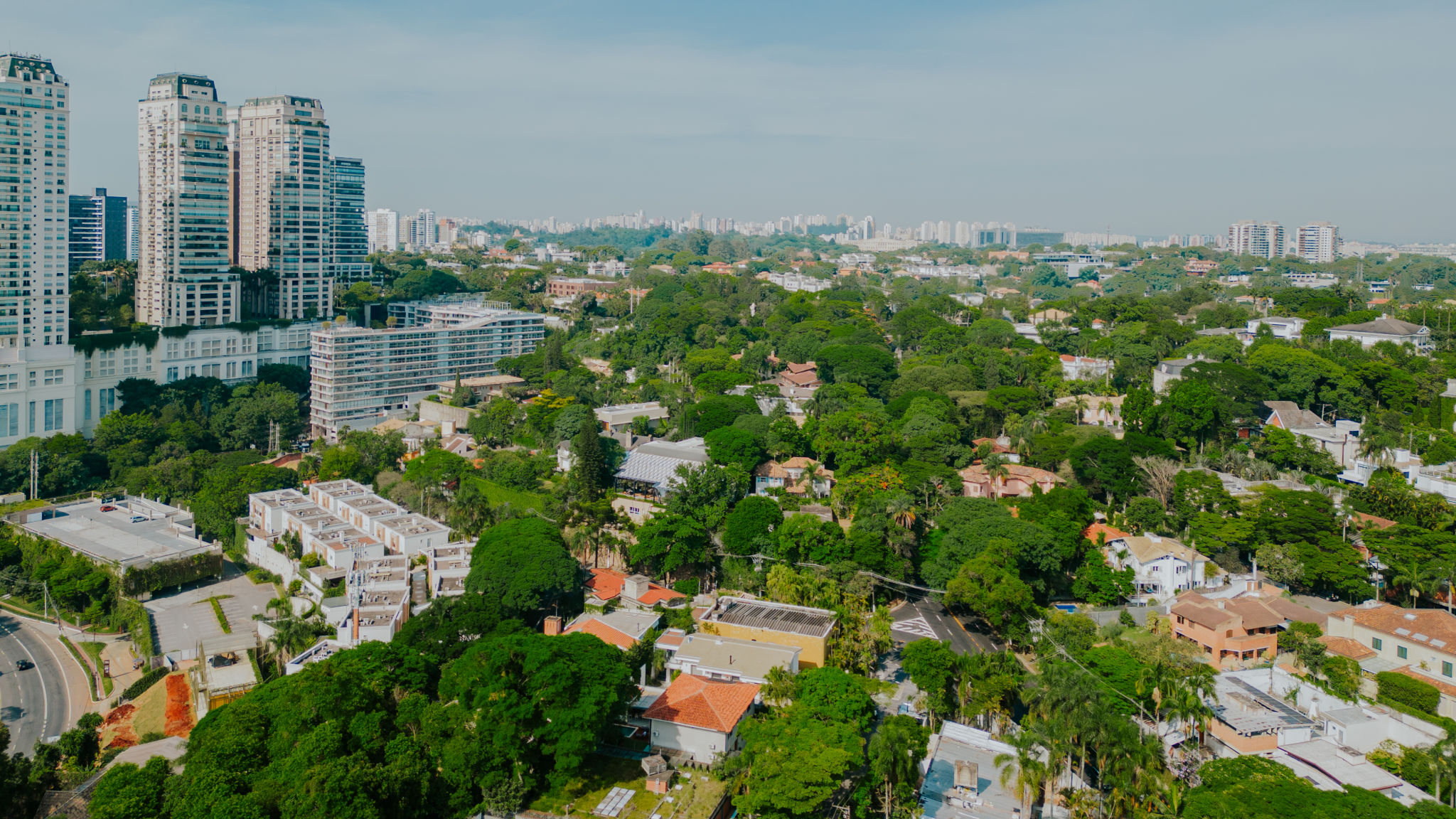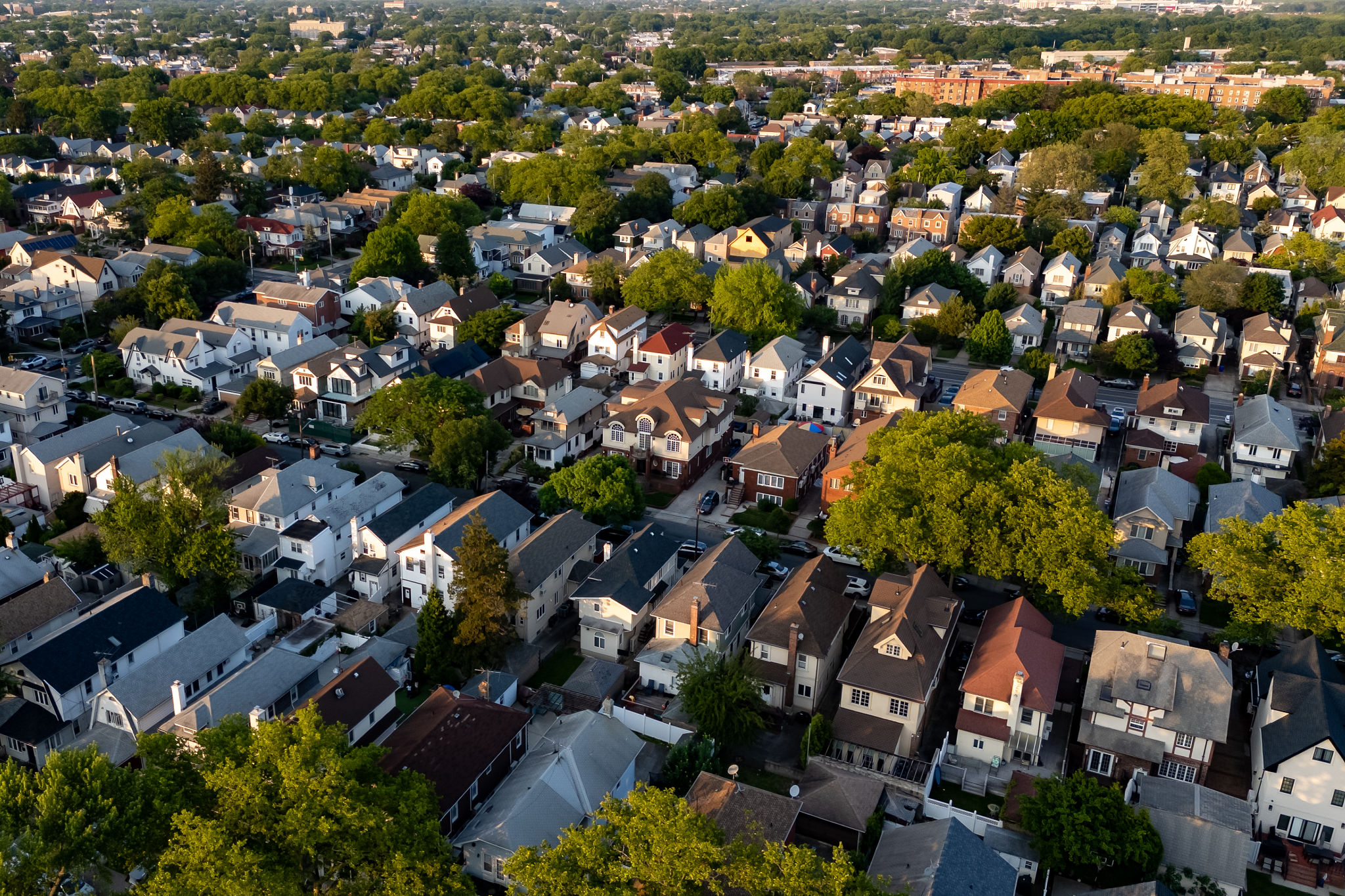The Future of Urban Planning: Innovations Transforming Wake County
Transformative Technologies in Urban Planning
The landscape of urban planning is rapidly evolving, particularly in dynamic regions like Wake County. As technological advancements continue to reshape our environments, planners are embracing innovative solutions to meet the demands of growing populations. From smart city technologies to sustainable practices, the future of urban planning in Wake County is brimming with possibilities.
One of the most significant innovations in urban planning is the integration of smart technologies. These technologies leverage data collection and analysis to optimize city operations and improve the quality of life for residents. Wake County is exploring various smart city initiatives, including intelligent traffic systems that reduce congestion and enhance public safety.

Sustainability as a Key Driver
As urban areas expand, the need for sustainable development becomes increasingly crucial. Wake County is at the forefront of implementing sustainable urban planning practices that minimize environmental impact and promote a healthier ecosystem. This includes green building standards, efficient public transit systems, and the preservation of green spaces.
Efforts to promote sustainability also involve community engagement and education. By involving residents in the planning process and raising awareness about sustainable practices, Wake County aims to foster a culture of environmental responsibility. This collaborative approach ensures that urban development aligns with ecological preservation goals.

The Role of Data in Urban Planning
Data-driven decision-making is revolutionizing urban planning processes. In Wake County, planners are utilizing data analytics to understand demographic trends, traffic patterns, and resource allocation. This information guides infrastructure development and helps anticipate future needs effectively.
For instance, data analysis enables planners to design transportation networks that accommodate population growth while reducing carbon footprints. By leveraging data insights, Wake County can create more efficient and resilient urban environments that cater to the needs of its residents.

Embracing Inclusive Urban Design
Inclusivity is becoming a cornerstone of modern urban planning. Wake County is committed to creating spaces that are accessible and welcoming to all residents, regardless of age, ability, or socioeconomic status. This involves designing public spaces that encourage social interaction and community building.
Moreover, inclusive urban design considers the diverse needs of residents by ensuring equitable access to amenities and services. By prioritizing inclusivity, Wake County's urban planning initiatives aim to build a more cohesive and vibrant community.

Challenges and Opportunities Ahead
While the future of urban planning in Wake County holds immense promise, it also presents several challenges. Balancing growth with sustainability, managing resource constraints, and addressing social inequities require innovative solutions and collaborative efforts from all stakeholders.
However, these challenges also provide opportunities for creativity and innovation. By embracing cutting-edge technologies and sustainable practices, Wake County can pave the way for a future that is both prosperous and environmentally responsible.
As urban planning continues to evolve, Wake County stands as a testament to the power of innovation in shaping the cities of tomorrow. Through these transformative efforts, the county is poised to become a model for sustainable and inclusive urban development.